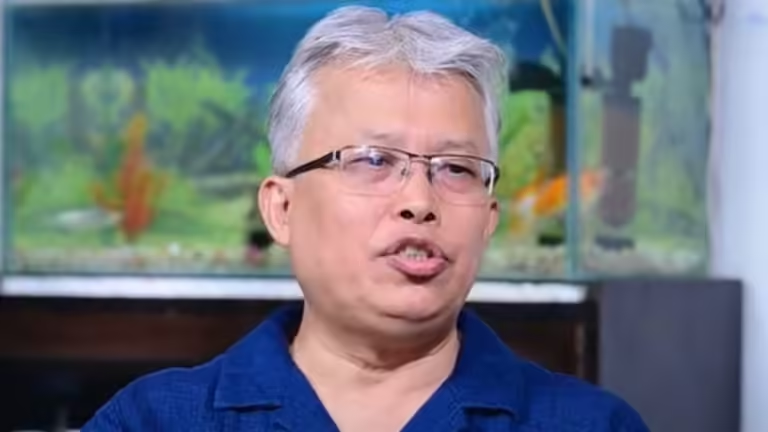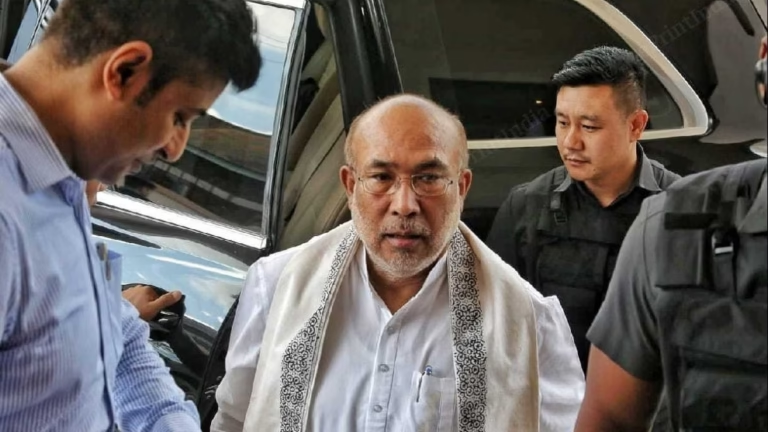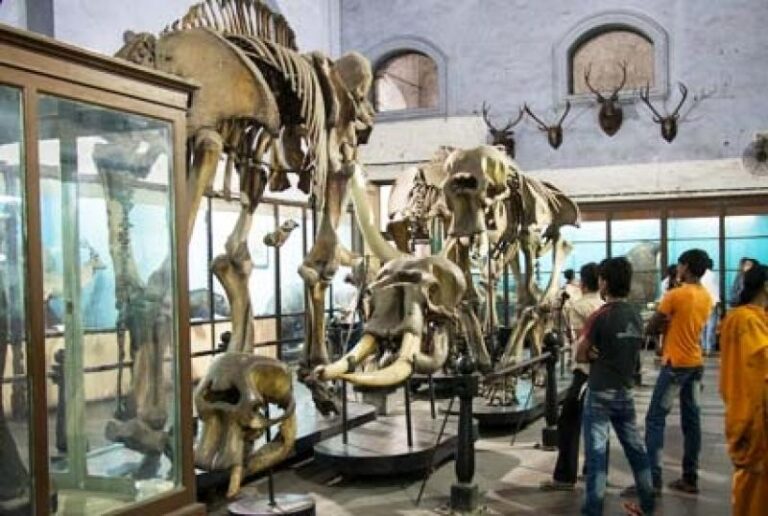‘Normalcy Will Cease to Exist’: Manipur MP Criticizes Restrictions on Meitei Movement to Sacred Sites
📰 News Summary
On April 21, 2025, Inner Manipur MP Bimol Akoijam expressed strong opposition to the ongoing restrictions that prevent Meitei individuals from accessing their sacred sites in the Thangjing and Koubru hills. He emphasized that these limitations infringe upon fundamental rights and hinder the return to normalcy in the state. Akoijam highlighted the broader implications of these restrictions on governance and civil liberties, especially in the context of the ethnic violence that erupted in May 2023, leading to significant loss of life and displacement.
🔍 In-Depth Analysis: The Struggle for Access to Sacred Sites in Manipur
Understanding the Cultural Significance
The Meitei community, predominantly residing in the Imphal Valley, holds the Thangjing and Koubru hills in high spiritual regard. These sites are not merely geographical landmarks but are deeply intertwined with the community’s religious practices and cultural identity. Pilgrimages to these hills are integral to various rituals and festivals, serving as a means to connect with ancestral heritage and spiritual beliefs.
The Genesis of Restrictions
The ethnic violence that erupted in May 2023 between the Meitei and Kuki-Zo communities led to the establishment of buffer zones aimed at preventing further clashes. While these zones were intended as temporary measures to ensure safety, they inadvertently restricted the Meitei community’s access to their sacred sites located in the hill districts. This has resulted in a sense of alienation and infringement upon religious freedoms.
Political and Social Implications
MP Bimol Akoijam’s remarks underscore the broader political and social ramifications of these restrictions. By stating that “normalcy will cease to exist” without free movement, he highlights the essential role of cultural and religious freedoms in achieving lasting peace. The inability of displaced individuals to return to their homes and the continued limitations on movement exacerbate tensions and hinder reconciliation efforts.
Calls for Inclusive Governance
The situation calls for a reevaluation of governance strategies to ensure that security measures do not come at the expense of fundamental rights. Inclusive policies that respect cultural practices and promote dialogue between communities are essential. Engaging with community leaders, civil society organizations, and affected individuals can pave the way for solutions that balance security concerns with the need for cultural and religious expression.
❓ Frequently Asked Questions (FAQs)
Q1: Why are the Thangjing and Koubru hills significant to the Meitei community?
A1: These hills are considered sacred by the Meitei community and are central to various religious rituals and festivals, symbolizing a deep connection to their ancestral heritage.
Q2: What led to the establishment of buffer zones in Manipur?
A2: The buffer zones were created following ethnic violence in May 2023 between the Meitei and Kuki-Zo communities, aiming to prevent further clashes and ensure safety.
Q3: How have these restrictions impacted the Meitei community?
A3: The restrictions have limited the community’s access to sacred sites, infringing upon religious freedoms and contributing to a sense of alienation and cultural suppression.
Q4: What are the broader implications of MP Bimol Akoijam’s statements?
A4: His statements highlight the importance of cultural and religious freedoms in achieving lasting peace and call for inclusive governance that respects fundamental rights.
Q5: What steps can be taken to address these issues?
A5: Engaging in dialogue with all stakeholders, reassessing security measures to ensure they do not infringe upon rights, and implementing inclusive policies that respect cultural practices are essential steps toward resolution.




